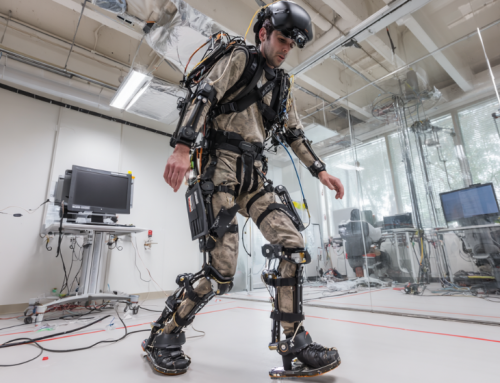China Progresses with Development of Brain Interface Using Monkeys
At a Beijing tech forum, a Chinese company showcased a “homegrown” brain-computer interface (BCI) that enabled a monkey to control a robotic arm using thought alone. This system, developed by NeuCyber NeuroTech and the Chinese Institute for Brain Research, involves implanting soft electrode filaments in the brain, according to a wired.com story.
While similar systems have been tested in paralyzed people in the U.S., this demonstration underscores China’s progress in developing its own BCI technology. BCIs collect and analyze brain signals to allow direct control of an external device, such as a robotic arm. A number of U.S. startups, including Elon Musk’s Neuralink, are working to commercialize the technology.
However, William Hannas, lead analyst at Georgetown University’s Center for Security and Emerging Technology (CSET), believes China is quickly catching up in terms of BCI technology. While China has traditionally lagged behind the U.S. in invasive BCIs, it is rapidly advancing in implantable interfaces. Of particular concern is China’s interest in noninvasive BCIs for the general population.
China has also expressed interest in using BCIs for cognitive enhancement, as long as there is strict regulation and clear benefit. They are focusing on wearable BCIs that use electrodes placed on the scalp, known as EEG devices. These signals are harder to interpret than those from within the brain, leading to efforts to use machine learning to improve signal analysis.
U.S. companies such as Emotiv and Neurable are also developing wearable BCIs intended to improve attention and focus. However, there is a significant difference between the U.S. and China’s approach to BCI research. While U.S. civilian science is not explicitly linked with military research, China’s strategy fundamentally links the two.
China launched its own brain project in 2016 with the aim of developing technologies for diagnosing and treating brain disorders, mimicking human intelligence, and connecting humans and machines. Margaret Kosal, an associate professor of international affairs at Georgia Institute of Technology, argues that China is more likely to widely adopt BCI technologies in the commercial and military sectors due to its government structure and sociocultural norms. She warns that early adoption of BCIs could have implications for U.S. national security, particularly if these technologies provide cognitive enhancement in warfighters or enable a merging of human and machine intelligence.
read more at wired.com







Leave A Comment